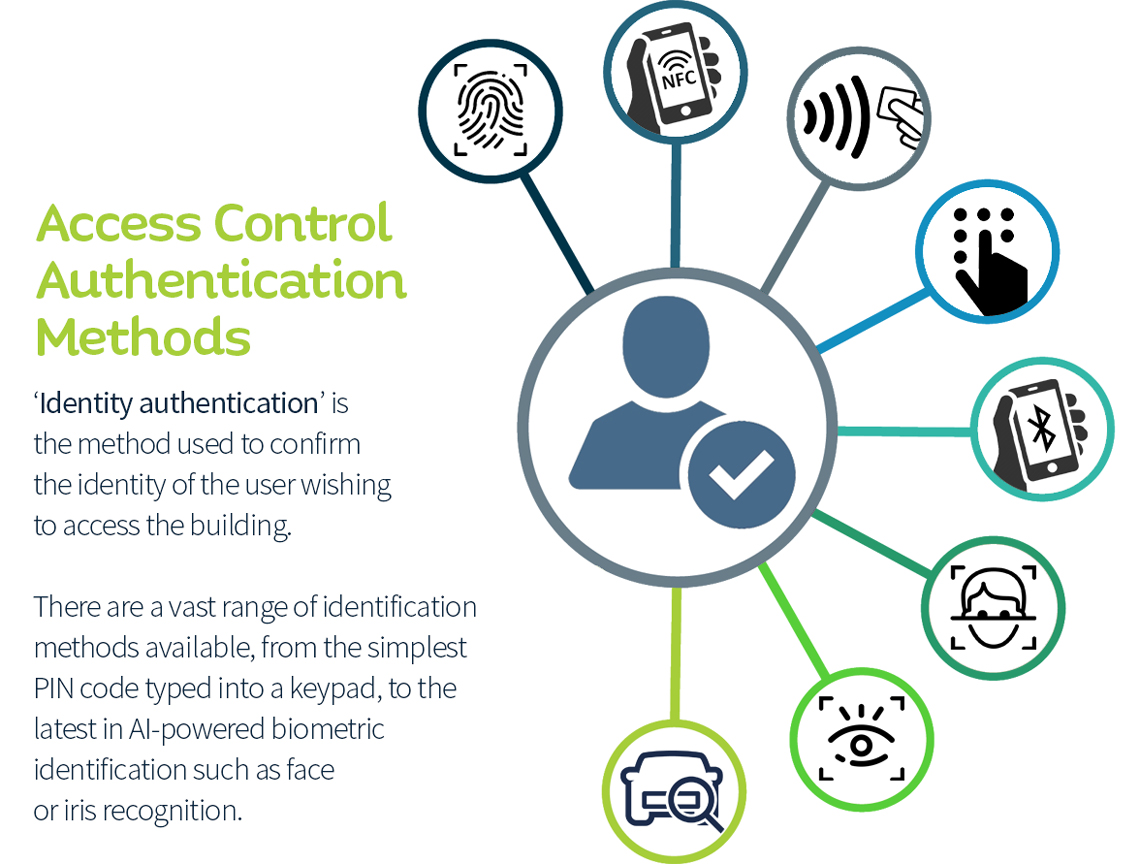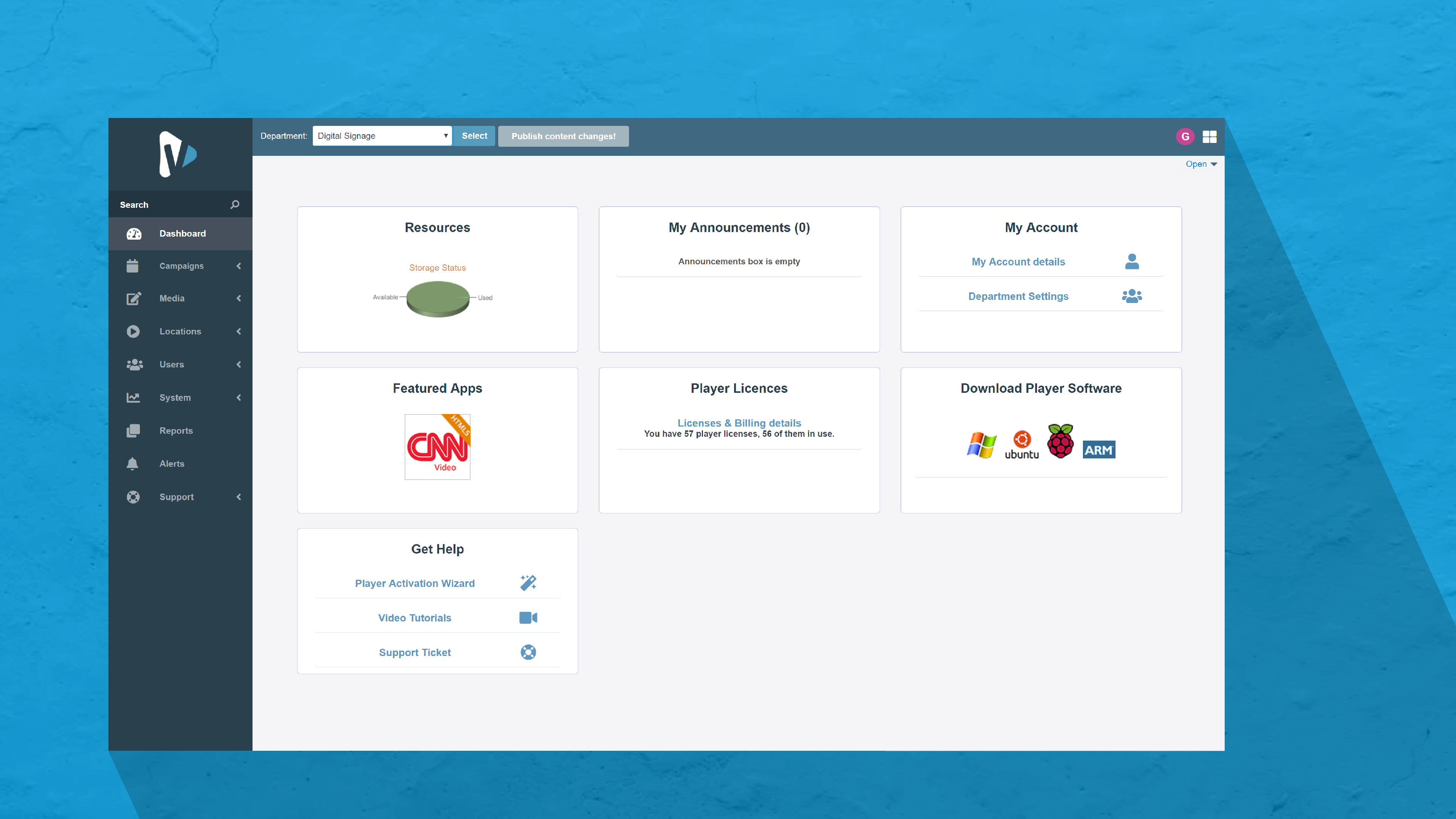Ebook Management System Presentation
| Introduction to Ebook Management System | ||
|---|---|---|
| An Ebook management system is a software solution designed to organize and manage digital books or electronic publications. It helps users efficiently store, access, and share their ebook collections. The system provides features like categorization, search capabilities, and user management to enhance the overall reading experience. | ||
| 1 | ||
| Key Features of Ebook Management System | ||
|---|---|---|
| Centralized Library: The system offers a centralized repository to store and manage all ebooks in one place, making it easy to locate and access a specific book. Categorization and Tagging: Users can apply tags and categorize ebooks based on genres, authors, or any other customizable criteria for better organization and quick retrieval. Metadata Management: The system allows users to add and edit metadata, such as title, author, publication date, or description, to provide a comprehensive overview of each ebook. |  | |
| 2 | ||
| Benefits of Ebook Management System | ||
|---|---|---|
| Enhanced Accessibility: Users can access their ebook collection from various devices, including smartphones, tablets, or computers, providing flexibility and convenience. Efficient Search Functionality: The system offers advanced search capabilities, enabling users to quickly find ebooks based on keywords, authors, or other specified criteria. Collaborative Features: Users can share ebooks with others, create reading groups, and engage in discussions, fostering a sense of community and knowledge sharing. |  | |
| 3 | ||
| Supported Formats and Compatibility | ||
|---|---|---|
| Wide Format Support: Ebook management systems typically support popular ebook formats like EPUB, PDF, MOBI, and AZW, ensuring compatibility with a variety of ebook readers and devices. Cross-Platform Compatibility: The system is designed to work seamlessly across different operating systems, including Windows, macOS, and Linux, providing flexibility and accessibility to all users. Integration with Ebook Readers: Some ebook management systems offer integration with popular ebook readers, allowing users to transfer ebooks directly to their devices for reading. |  | |
| 4 | ||
| Security and Privacy | ||
|---|---|---|
| User Authentication: Ebook management systems often provide user authentication mechanisms, ensuring that only authorized individuals have access to the ebook collection. Data Encryption: The system employs encryption techniques to protect ebook files and user data from unauthorized access or theft. Privacy Controls: Users have the option to set privacy preferences, controlling who can view, access, or share their ebooks, ensuring their privacy is respected. | ||
| 5 | ||
| Ebook Management System vs. Traditional Libraries | ||
|---|---|---|
| Accessibility: Ebook management systems offer instant access to ebooks from anywhere, eliminating the need to physically visit a library. Space and Cost Efficiency: Traditional libraries require physical space to store books, whereas ebook management systems utilize digital storage, saving physical space and associated costs. Sustainability: Ebook management systems contribute to environmental sustainability by reducing the consumption of paper and other physical resources. |  | |
| 6 | ||
| Implementation and Integration | ||
|---|---|---|
| Cloud-Based Solutions: Many ebook management systems offer cloud-based solutions, eliminating the need for local installations and enabling easy access from any device with internet connectivity. Integration with Existing Systems: The system can integrate with existing library management systems, allowing seamless migration of ebook collections and enhanced library operations. Customization and Scalability: Ebook management systems can be customized to fit specific organizational needs and can scale as the ebook collection grows. |  | |
| 7 | ||
| Popular Ebook Management Systems | ||
|---|---|---|
| Calibre: Calibre is a widely used free and open-source ebook management system with extensive features for ebook organization, conversion, and syncing. Adobe Digital Editions: Adobe Digital Editions is a popular ebook management system that supports various ebook formats and offers features like bookmarking, highlighting, and annotations. Libib: Libib is a user-friendly ebook management system that allows users to organize and catalog ebooks, offering features like barcode scanning and mobile apps for easy access. |  | |
| 8 | ||
| Implementation Considerations | ||
|---|---|---|
| User Interface and Ease of Use: Look for an intuitive and user-friendly interface that allows easy navigation and quick access to ebook features. Customization and Flexibility: Select a system that offers customization options to adapt to specific requirements and workflows. Support and Maintenance: Ensure the system has reliable support channels and regular updates to address any issues and ensure compatibility with evolving technologies. | ||
| 9 | ||
| Conclusion | ||
|---|---|---|
| Ebook management systems offer a comprehensive solution to efficiently organize and manage ebook collections. They enhance accessibility, provide advanced search capabilities, and foster collaboration among users. By embracing ebook management systems, individuals and organizations can streamline their ebook management processes, improve reading experiences, and contribute to a more sustainable future. | ||
| 10 | ||



